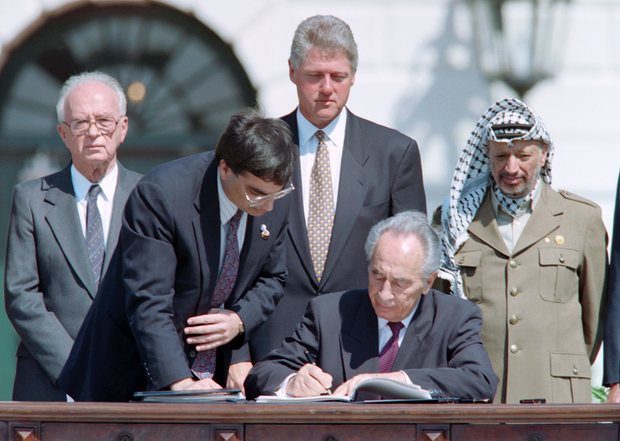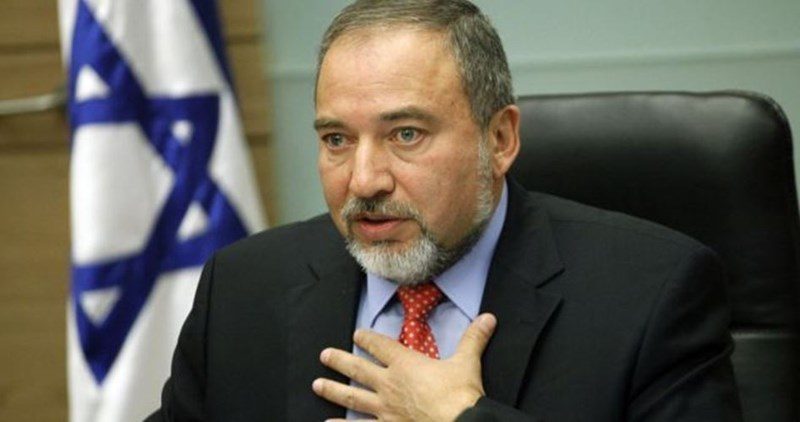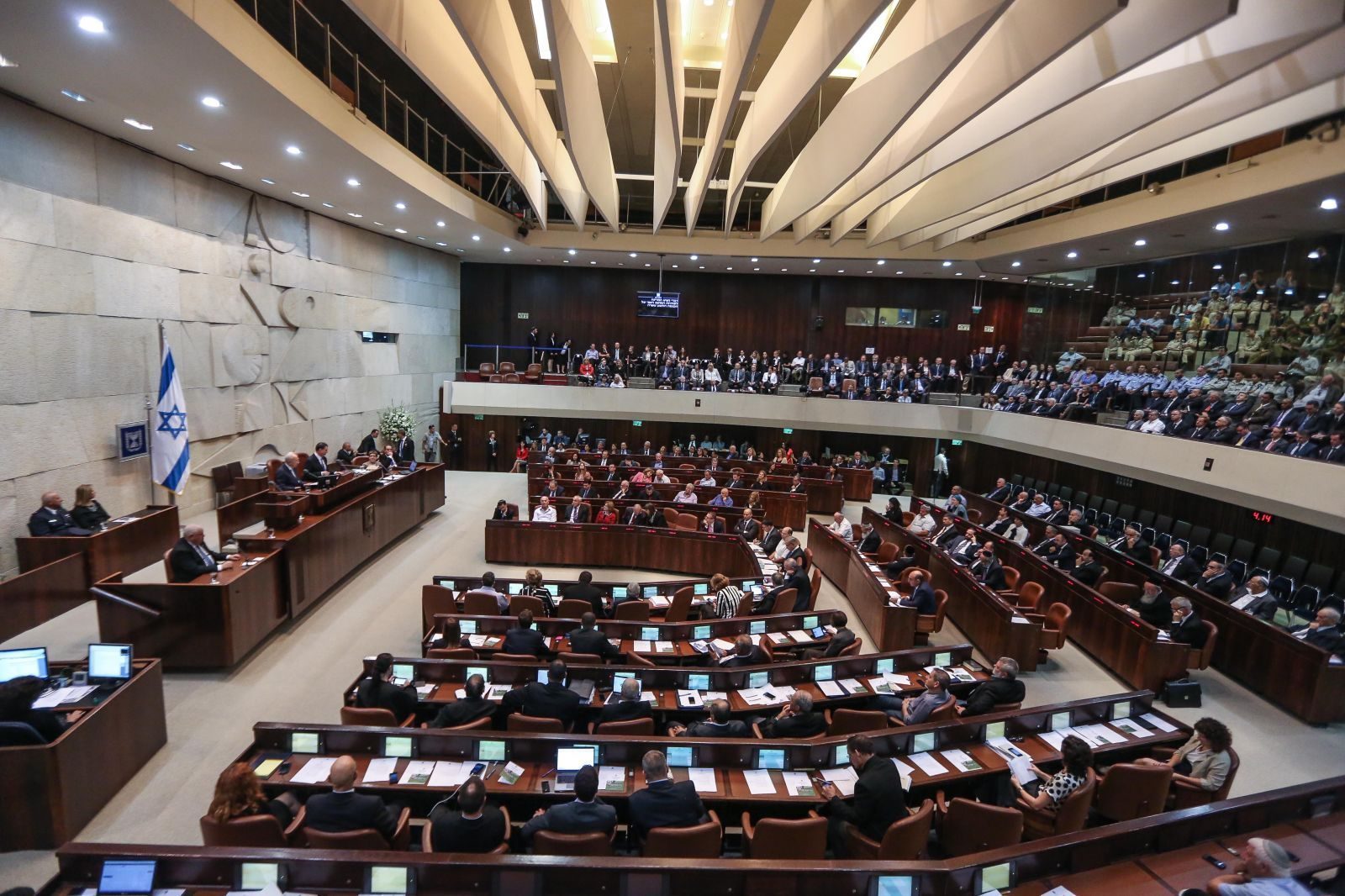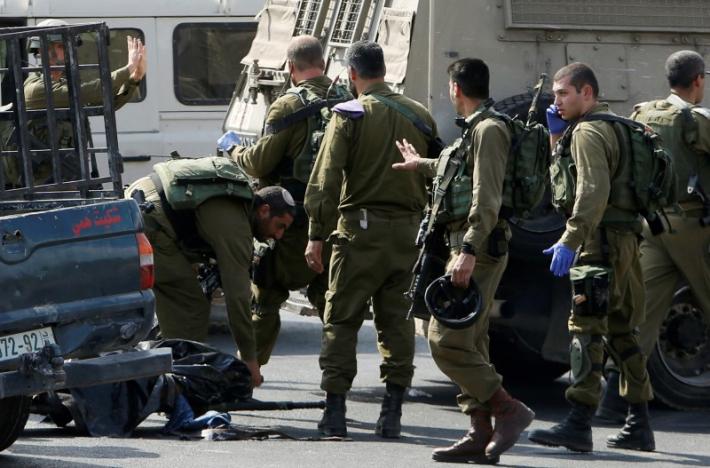
Shimon Peres, the giant of Israeli politics, has died at 93. The leading political figure served twice as prime minister, once as president and won Nobel peace prize
Shimon Peres, one of Israel’s defining political figures and a Nobel peace prize laureate, has died at the age of 93, two weeks after suffering a stroke, reported the Guardian.
Peres had twice served as prime minister of Israel and later as the country’s ninth president. He had been seriously ill on a respirator in an Israeli hospital near Tel Aviv and died after his condition deteriorated sharply.
Among those who have said they will attend his funeral and burial on Jerusalem’s Mount Herzl on Friday are Barack Obama, Hillary Clinton and Bill Clinton, as well as Prince Charles and François Hollande.
In more than six decades of political life his defining achievement was as one of the key architects of the Oslo peace accords, for which he was jointly awarded the Nobel peace prize in 1994 with the then Israeli prime minister, Yitzhak Rabin, and Yasser Arafat, the chairman of the Palestine Liberation Organisation.
Those peace agreements – signed in Washington in 1993 and Taba, Egypt in 1995, – foresaw the creation of a Palestinian state, and were named after the Norwegian capital where the two sides launched eight months of secret negotiations in which Peres played a key role.
With Peres’s death the last of that trio has now gone.
Rabin was cut down by a rightwing assassin’s bullet in 1995, with Arafat dying nine years later. Today, the prospect of the peace and two-state solution offered by Oslo is far away, after the collapse of that peace process in 2014.
Peres’s death was formally confirmed on Wednesday morning by his son Chemi in a news conference at the hospital where his father had been treated. He had been rushed to hospital on 13 September after suffering a stroke.
Even after his presidential term ended, Peres maintained a high profile. He continued to intervene on the country’s political direction and sought to maintain an active schedule, particularly through events related to his Peres Centre for Peace.
As recently as last year, Peres strongly criticised the direction of the government of Israel’s rightwing prime minister, Benjamin Netanyahu, although he did not name Netanyahu directly.
Peres said he believed the values he and Rabin had inherited from Israel’s founding father, David Ben-Gurion, were in jeopardy as he defended a two-state solution to the Israeli-Palestinian conflict.
“Israel should implement the two-state solution for her own sake, because if we should lose our majority, and today we are almost equal, we cannot remain a Jewish state or a democratic state. That’s the main issue, and to my regret they [the government] do the opposite.”
Born in Wiszniewo, Poland, Peres emigrated to British Mandate Palestine in 1934 at the age of 11, was a founder of the Labour-Zionist Youth Movement and a member of the Hagana Jewish military forces before Israel declared independence.
As a defence official in the late 1950s and early 1960s, Peres was involved in the establishment in Dimona of Israel’s nuclear reactor, the facility also at the centre of Israel’s nuclear weapons programme.
During a decades-long career, he occupied almost every significant position in Israeli political life. His first role was as director general of Israel’s ministry of defence in his 20s, as a protégé of Ben-Gurion, involved in the secret planning of the Suez offensive with Britain and France in alliance against Gamal Abdel Nasser’s Egypt.
First elected to the Israeli parliament, the Knesset, in 1959, his cabinet roles included the defence, finance and foreign affairs portfolios before he served two brief periods as prime minister. Although he ran for prime minister five times between 1977 and 1996, he never won a national election outright.
A noted hawk in the 1970s who had deep reservations about territorial compromise with the Palestinians and supported settlement building and the building up of Israel’s military strength, by the 1980s he had begun to move from the centrist political position he occupied towards the peace camp.
Peres had had several health scares this year and was admitted to hospital twice because of heart problems. In the first case, the hospital said he had suffered a “mild cardiac event” and underwent catheterisation to widen an artery. He was rushed to hospital again days later with chest pains and an irregular heartbeat.



